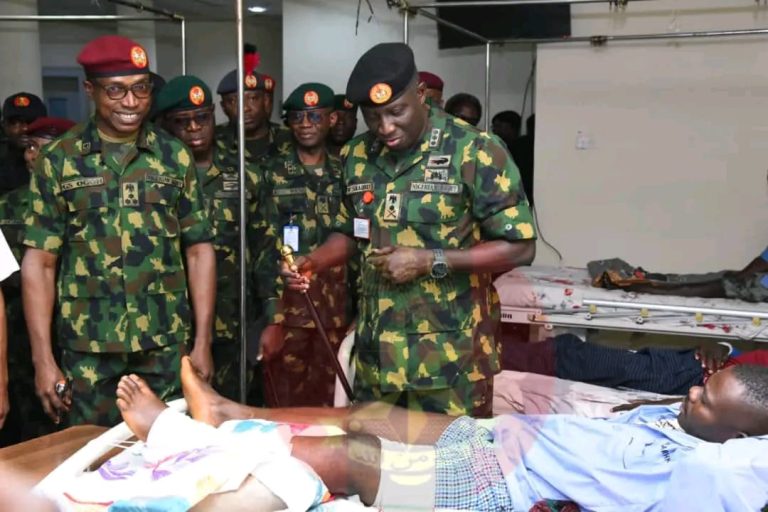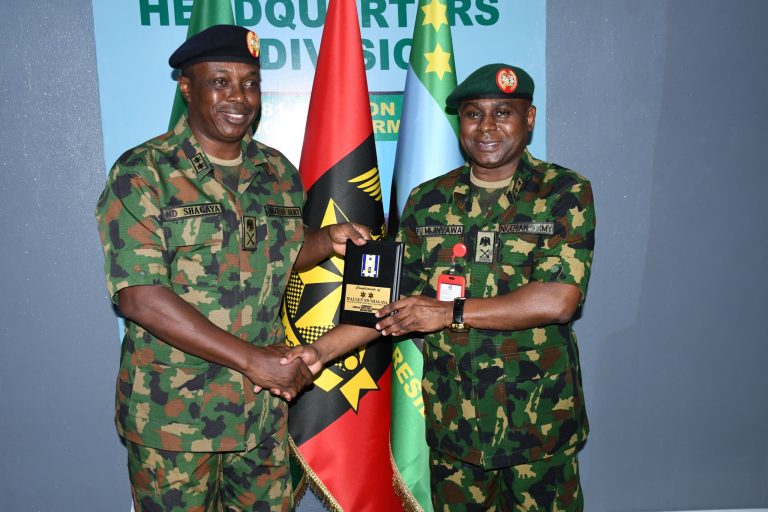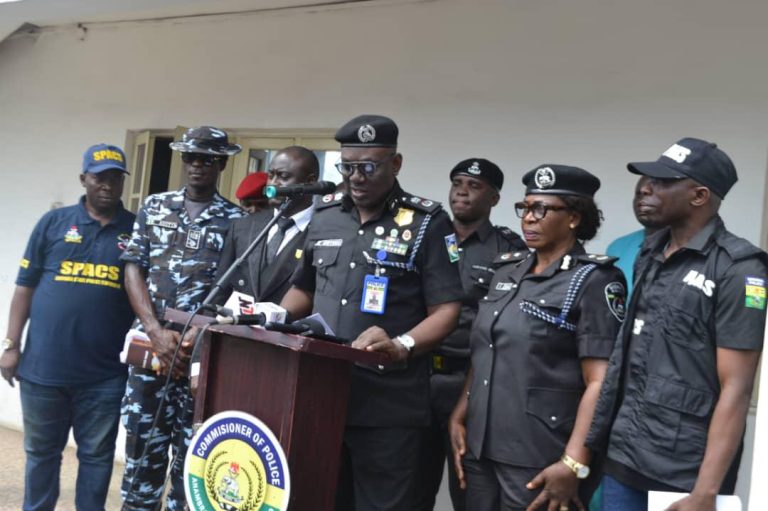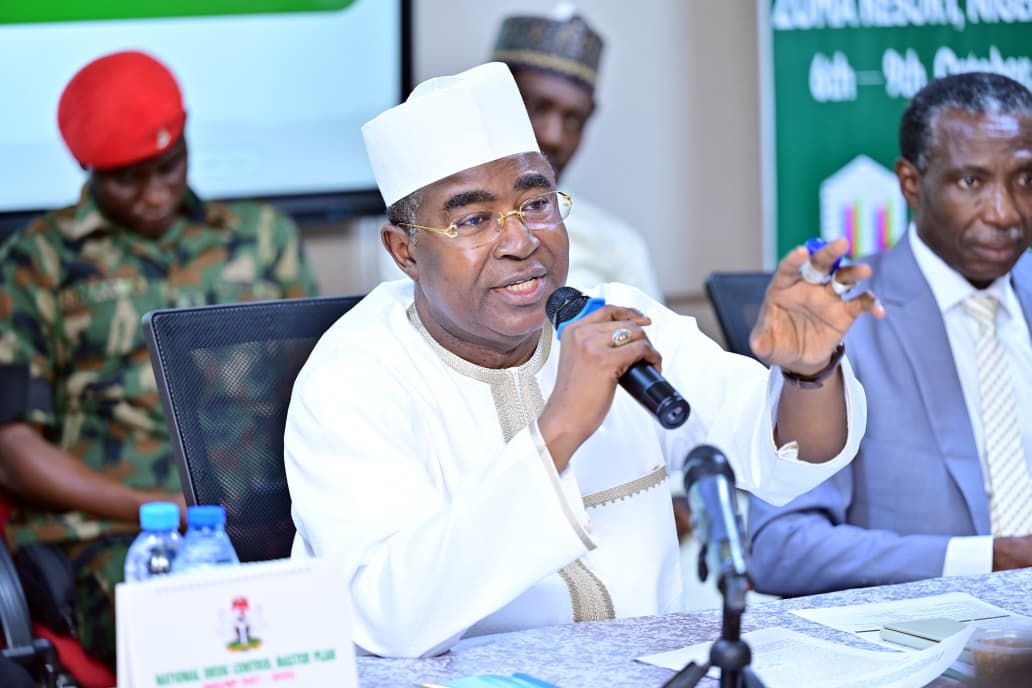
Chairman and Chief Executive Officer of the National Drug Law Enforcement Agency (NDLEA), Brigadier General Mohamed Buba Marwa (Retd), has called on all stakeholders to ensure that Nigeria’s next National Drug Control Master Plan (NDCMP 2026–2030) effectively addresses new and emerging threats fueling the illicit drug trade in the country.
Marwa made the call on Monday in Niger State while declaring open a five-day residential workshop aimed at developing the fifth edition of the NDCMP. The retreat is funded by the ECOWAS Commission and supported by the United Nations Office on Drugs and Crime (UNODC).
Describing the task before participants as both “strategic and historic,” the NDLEA boss stressed that the nation’s response to the drug problem must evolve to match the changing dynamics of the trade.
“The NDCMP 2026–2030 must be visionary yet practical; comprehensive yet targeted; and nationally owned yet regionally and globally aligned,” Marwa said.
“It must build on the achievements of the past while boldly addressing new and emerging threats — from synthetic drugs to dark-web trafficking, from poly-substance use to illicit financial flows that sustain the trade.”
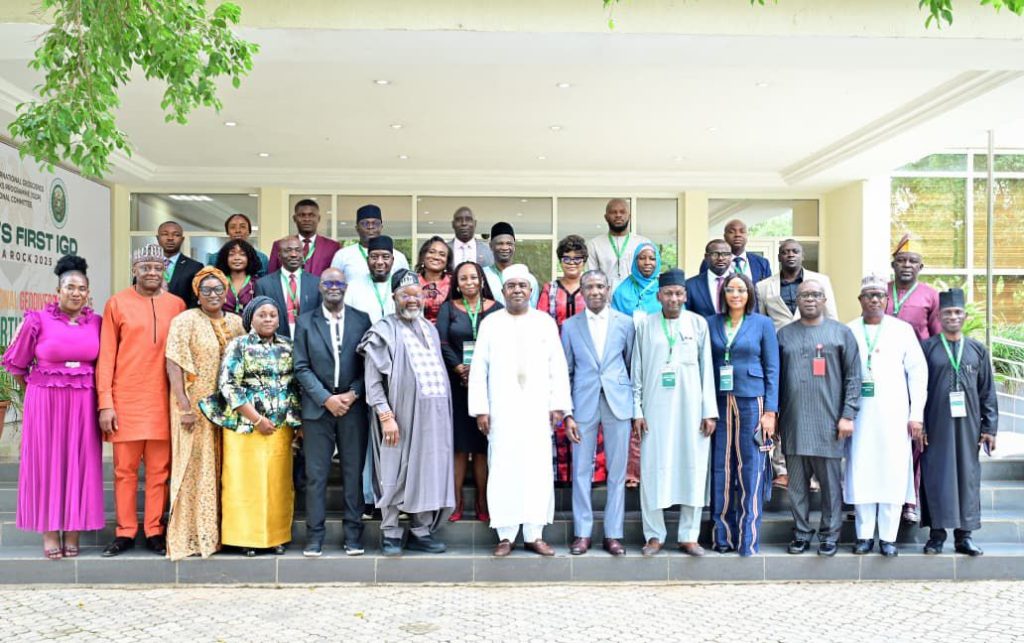
He urged participants to leverage their expertise and experience to identify successes, address existing gaps, and design innovative strategies for the future.
“This workshop is not just about producing another document,” Marwa added. “It is about charting a collective vision to safeguard the health, security, and well-being of Nigerians.”
In a statement by the Director, Media & Advocacy, NDLEA Headquarters, Abuja, By Femi Babafemi, the NDLEA chairman reaffirmed the Agency’s commitment to providing leadership and technical support to ensure the effective implementation of the new master plan, pledging continued collaboration with both local and regional partners.
“The drug challenge recognizes no borders,” he noted, while commending ECOWAS, the European Union, UNODC, civil society, professional bodies, and the private sector for their sustained partnership.
UNODC, ECOWAS Reaffirm Support
In his remarks, the UNODC Country Representative, Mr. Cheikh Ousmane, represented by Dr. Akanidomo Ibanga, commended Nigeria’s commitment to drug control but emphasized the need for adaptive and coordinated responses to evolving global and regional drug trends.
“Global and regional dynamics — from new psychoactive substances to organized crime networks — continue to shape local realities,” he said.
“This workshop offers a unique opportunity to harmonize perspectives and ensure that the priorities identified reflect both national realities and international standards.”
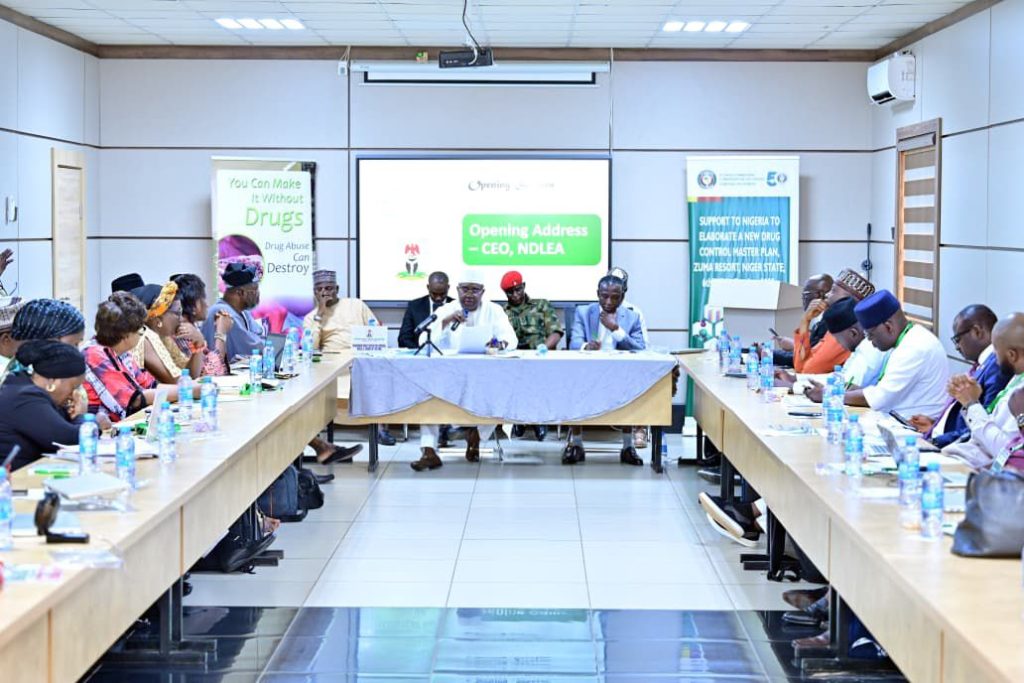
He highlighted that the new master plan aligns with international drug control conventions, the UN 2030 Agenda for Sustainable Development, and the African Union Plan of Action on Drug Control.
Also speaking, ECOWAS Commissioner for Human Development and Social Affairs, Prof. Fatou Sow Sarr, represented by Dr. Daniel Amankwaah, praised Nigeria’s proactive approach to developing a new drug control strategy aligned with regional and global best practices.
“With the current NDCMP set to expire this year, a new plan is needed to address emerging drug threats, changing trafficking patterns, and the growing burden of substance use disorders,” she said.
Dr. Amankwaah reaffirmed ECOWAS’ commitment to supporting Nigeria through technical and financial assistance, describing the initiative as “a strategic step toward strengthening Nigeria’s drug control framework and aligning it with international standards.”
Broad Stakeholder Participation
The workshop drew participation from key government ministries and agencies, including the Federal Ministries of Education, Health, Agriculture, Budget and Planning, as well as the National Agency for Food and Drug Administration and Control (NAFDAC), the National Agency for the Control of AIDS (NACA), the Economic and Financial Crimes Commission (EFCC), and the Nigerian Financial Intelligence Unit (NFIU).

